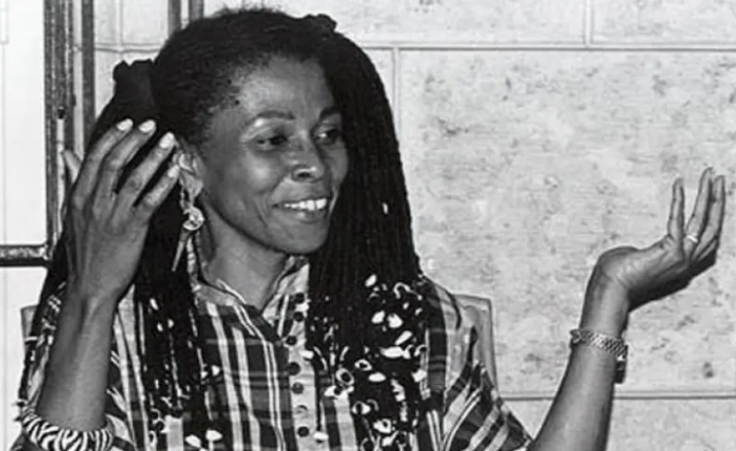
Revolutionary activist and FBI's Most Wanted fugitive Assata Shakur died in Havana at the age of 78 due to "health problems and advanced age," confirmed Cuban authorities and her daughter, Kakuya Shakur.
Born on July 16, 1947, in New York City, as JoAnne Deborah Byron, was a college student in the mid-1960s at the height of the Vietnam War, when she became involved in political activities like sit-ins and civil rights protests while attending the City College of New York. She was arrested for the first time in 1967 when she and 100 other students chained and locked the entrance to a building to protest the lack of Black faculty and a Black studies program.
After graduating, she moved to Oakland, California and joined the Black Panther Party, a Black power political organization designed to challenge police brutality and create social programs, but soon left due to dissatisfaction with the Party's members.
Later she joined the Black Liberation Army, when she began using the name Assata Olugbala Shakur. She was close friends with Afeni Shakur (no relation), the mother of the late rapper Tupac Shakur.
"I decided on Assata Olugbala Shakur. Assata means 'She who struggles,' Olugbala means 'Love for the people,' and I took the name Shakur out of respect for Zayd and Zayd's family. Shakur means "the thankful," she explained.
In 1973, Shakur became embroiled in a shootout with New Jersey State Police troopers on the New Jersey Turnpike after being pulled over for driving with a broken taillight. that left Trooper Werner Foerster dead, and fellow militant Zayd Malik Shakur also killed.
Shakur was wounded and arrested; prosecutors charged her with murder, attempted murder, armed robbery, and other offenses. Between 1973 and 1977, she was indicted ten times in New York and New Jersey, resulting in seven different criminal trials. In 1977, she was convicted of felony murder in connection with Foerster's death and multiple related charges and sentenced to life in prison. Her defense always contested that she had been shot with her hands raised, rendering her unable to fire a weapon, and accused the prosecution of misconduct and racial bias.
Shakur, convicted of killing a New Jersey state trooper, escaped from prison more than four decades ago and remained in Cuba until her death. https://t.co/eK4k838RkB
— NBC BLK (@NBCBLK) September 26, 2025
In November 1979, Shakur escaped from the Clinton Correctional Facility for Women, allegedly with help from the Black Liberation Army and affiliated groups, and disappeared into the underground. She resurfaced in Cuba in 1984, where she was granted political asylum by the Castro regime, a decision that infuriated U.S. officials calling for her extradition.
In 2013, the U.S. added her to its "Most Wanted Terrorists" list, making her the first woman to receive that designation. Despite repeated diplomatic pressure, Cuba consistently refused extradition requests. To supporters, Shakur became a symbol of resistance to racial oppression, state violence, and imprisonment.
To detractors, she remained a convicted cop-killer and fugitive who evaded justice for decades. Her name also echoed in cultural spheres as she was referenced in hip-hop, poetry, and protest art, and earned a mythical aura among radicals and youth organizers.
© 2025 Latin Times. All rights reserved. Do not reproduce without permission.






